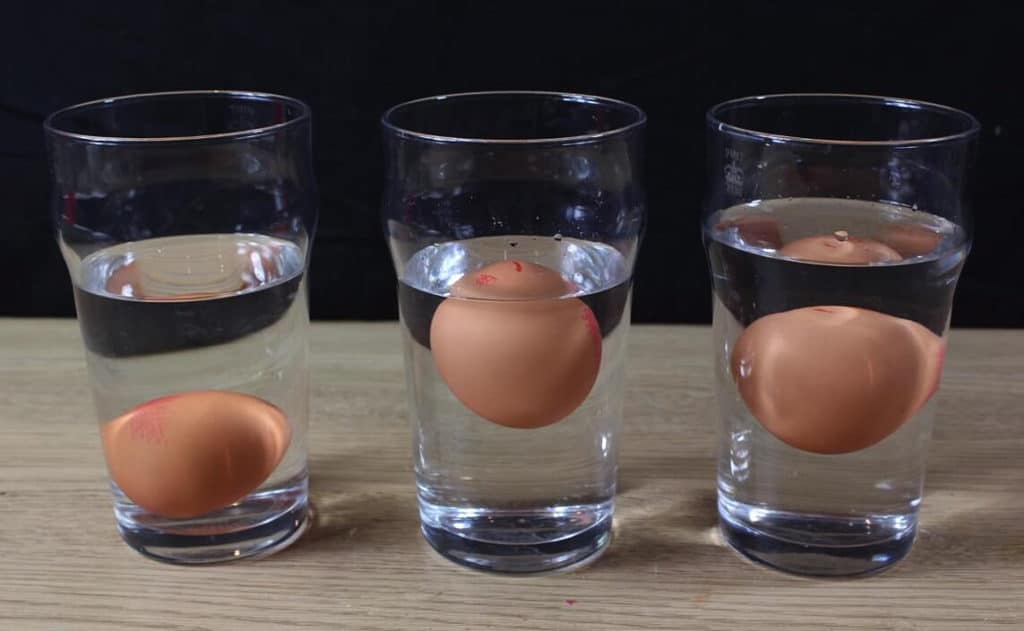Rotten eggs will float in water while fresh eggs will sink scientists found that air pockets form inside the egg as it ages and releases its moisture as the pocket grows the egg floats

Rotten Eggs Float While Fresh Eggs Sink: The Science Behind It

Eggs have been a staple in our diets for centuries, with their versatility making them a favorite ingredient in many recipes. When it comes to eggs, we all want to ensure we are using fresh, high-quality ones. But how can we distinguish between fresh eggs and rotten ones? One simple test has been passed down through generations - placing the egg in water to see if it sinks or floats. While fresh eggs readily sink to the bottom of a container filled with water, rotten ones tend to float at the top. But why does this happen? Let’s explore the science behind this fact.
Scientists have discovered that as an egg ages, air pockets form on its inner shell membrane, which causes it to float in water. The process begins when the egg is laid, and it releases moisture as it ages. The moisture loss affects the size of the air pocket, which gradually grows over time. This growth causes the egg to become less dense than the water, resulting in it floating.

The increase in the size of the air pocket is directly proportional to the age of the egg. This means that the larger the air pocket, the older the egg becomes. As the egg ages, its liquid contents gradually shrink, allowing the yolk and egg white to pull away from the shell’s inner membrane. The separation further contributes to the formation and expansion of the air pocket.
The reason why fresh eggs sink is because they have a smaller air pocket. When you place a fresh egg in water, it will stand vertically or tilt slightly due to its denser nature. This happens because the egg’s contents are still intact, leaving little to no air pocket formation.
By conducting the float test, you can easily determine the freshness of an egg. If a raw egg sinks and rests horizontally at the bottom of a water-filled container, it is most likely fresh. On the other hand, if it floats, tilts slightly, or completely rises to the top, it is a sign that it has aged and should be discarded.
To ensure the quality and taste of your dishes, it’s important to use fresh eggs. Rotten eggs can bring unpleasant odors and flavors to your recipes, compromising the overall dining experience. Therefore, it is crucial to understand and apply the float test to distinguish between fresh and rotten eggs.
In conclusion, the simple float test serves as an effective method to identify the freshness of an egg. As an egg ages, air pockets form inside, causing it to float in water. The larger the air pocket, the older the egg becomes. Fresh eggs, on the other hand, sink due to their smaller air pocket. By using this test, you can confidently select fresh eggs, ensuring the best quality for your culinary endeavors.
Sources:
Related Posts
Quick Links
Legal Stuff

